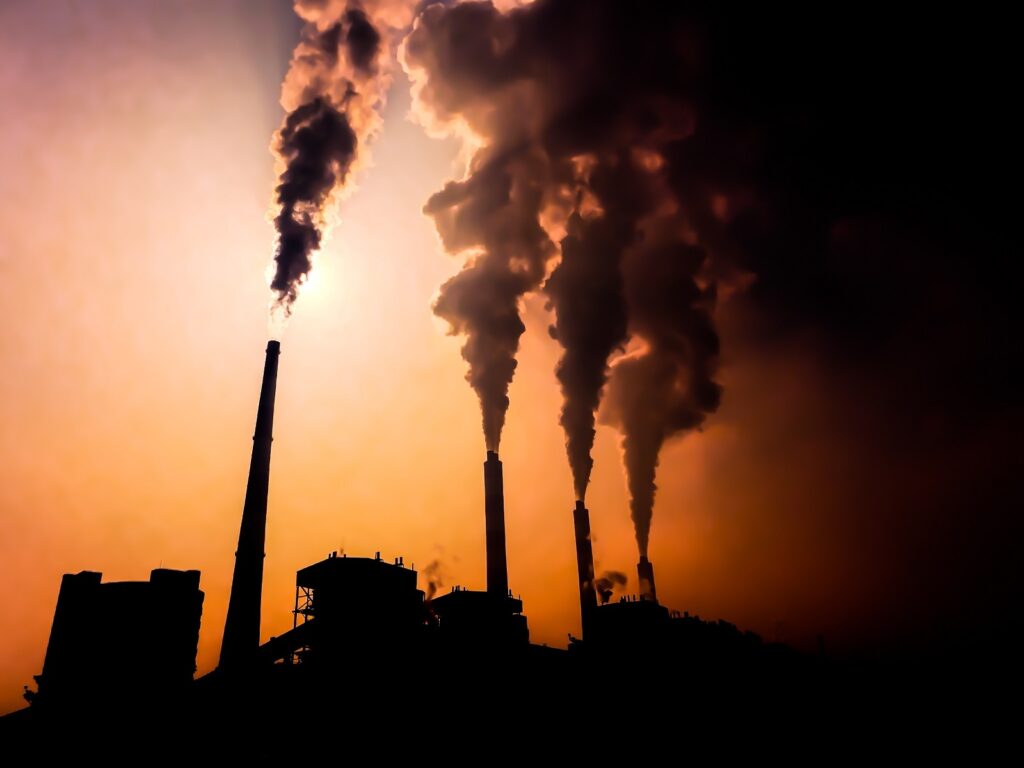Earlier today the Intergovernmental Panel on Climate Change (IPCC) published its report on the action needed to limit climate change to within 1.5C, urging for deeper, more rapid change across the global economy.
The clean energy and infrastructure sectors have had their say.
National Infrastructure Commission spokesperson
“Today’s report highlights the devastating impact that rising global temperatures could have on our planet and the need for urgent action to prevent the worst from happening.
“Our National Infrastructure Assessment highlights the need to act now to protect communities from extremes of weather, including floods and droughts. It also shows how falling renewables prices and improved technologies mean sources like wind and solar could make up as much as 50 per cent of our energy mix by 2030, and the need for a truly national charging network to help drivers switch from petrol and diesel to electric vehicles.
“These recommendations have been put to government and we look forward to hearing how they plan to put them into practice.”
Green Alliance policy director Dustin Benton
“The main message from the IPCC is that the worlds needs to cut emissions now. The UK has been at the forefront of climate action, but it now needs to do more and go big on electric vehicles, new standards for low carbon manufacturing, home energy efficiency and low carbon farming.
“The good news is that all these actions have positive impacts on the economy and people’s health.”
Energy and Climate Intelligence Unit director Richard Black
“This is probably the most important report that the IPCC has ever produced. At the Paris summit, governments decided that preventing dangerous climate change means holding global warming to 1.5ºC, and this report tells them what they need to do in order to deliver that. And preventing dangerous climate change has been the goal ever since governments began taking the issue seriously thirty years ago.
“The report shows that although 1.5ºC of warming will have serious consequences, the world will be a lot better off there than at higher levels of warming, with far less damage to nature and a lower risk of passing thresholds for irreversible impacts.
“Most importantly, it shows that the challenge of constraining climate change, of reaching net zero carbon emissions by mid-century, can be met. The challenge is formidable – but there plenty of evidence that shows it can done, and plenty that says it’s worthwhile.”
Solar Trade Association chief executive Chris Hewett
“The IPCC report today amplifies already very widespread calls for the UK Government to get behind low-cost solar and wind. The message couldn’t be clearer; time is running out. Our industry stands ready to roll out solutions which are extremely popular with the public, and no longer require subsidy, but government has put too many barriers in the way. Let’s be clear, a smart, flexible, renewables pathway is now the cheapest pathway. All we need to deliver that is fair tax treatment, fair market access and level playing fields. We’ve been repeating this message for years – action is now needed.”
Committee on Climate Change chief executive Chris Stark
“The Committee on Climate Change welcomes the publication of the IPCC’s Special Report. This is a major new body of work and we will study the findings carefully.
“Already it’s clear, however, that the window to keep global temperatures below the 1.5°C threshold is narrowing rapidly. “We now look forward to a formal request from UK Ministers to begin our assessment of the appropriate statutory framework for climate change in the UK in light of the UK’s obligations under the global Paris Agreement.”
Institution of Mechanical Engineers head of engineering Jenifer Baxter
“This report aims to create urgency in our response to reducing greenhouse gas emissions. We have technological knowledge to dramatically reduce emissions, we now require the leadership to make tough decisions on regulations for energy efficiency and emissions that may not be politically popular.
“The IPCC’s target to generate 70-80% electricity from renewables is ambitious, but we have to look at the broader picture and focus on reducing the carbon intensity of the whole electricity system. Currently renewables are backed up by gas when they are not generating and in the UK, gas is backed up by coal.”
CAFOD director of advocacy Neil Thorns
“This report proves that keeping global temperatures to 1.5 degrees is a necessity not an ambition. Faced with such information we cannot leave poor communities standing on the frontline of this potential storm, we must act urgently.
“Pope Francis has challenged politicians to ensure that their actions leave a legacy that does ‘care for our common home’ in the long-term and this report is yet another wake up call for them.”






